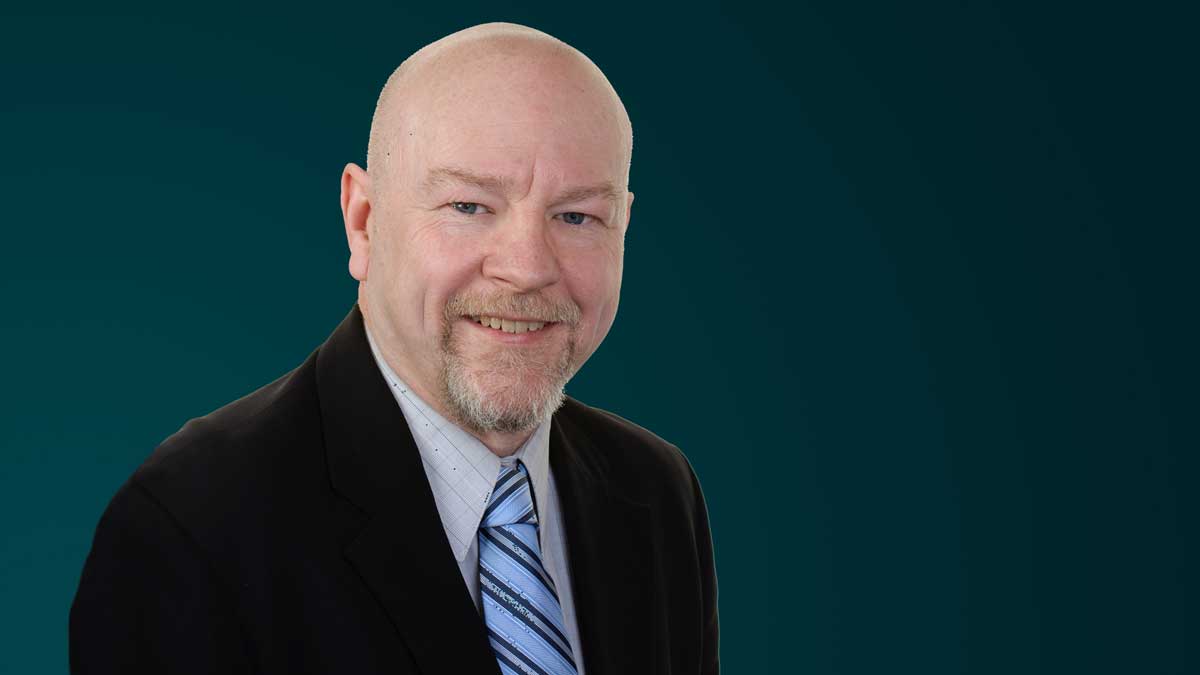Decarbonising transport

To meet the climate challenge... we must combine connectivity and data to transform the existing infrastructure to a cleaner, greener system
Why it matters
Transport accounts for approximately one third of all CO2 emissions and is particularly difficult to decarbonise due to its interconnected networks and complex infrastructure.
To meet the climate challenge of net-zero emissions by 2050, it is imperative that we combine enhanced connectivity capabilities and proliferation of data, to transform the existing infrastructure to a cleaner, greener system that meets the needs of industry, end users and the environment.
Collaborate to innovate
An ambitious 5-year programme, announced in 2023, is exploring the use of digital twins to manage the reduction of carbon emissions, from all forms of transport, across all four nations of the UK. Supported by the Engineering and Physical Sciences Research Council and the Department for Transport, the programme aims to de-risk and accelerate the path to net-zero emissions from transport. TransiT, the Digital Twinning for Decarbonisation hub, is jointly led by co-investigators Professors Phil Greening at Heriot-Watt and David Flynn at the University of Glasgow, who are leading an extensive consultation to shape the approach.
Professor Greening is co-investigator of another recently announced flagship research hub, for Decarbonised Adaptable and Resilient Transport Infrastructures (DARe). The project brings together research, early-stage innovation and demonstrations, across different transport modes, to work in close partnership with businesses, communities, government departments and administrations throughout the UK. He joins a team from Newcastle University and the Universities of Cambridge and Glasgow, to identify pathways and solutions for delivering a resilient, net-zero transport system that will work for people and communities.
Leading expertise
Professor Phil Greening is an expert in sustainable transport and logistics with extensive industrial and research experience, in the use of modelling for strategic investment planning of infrastructure.
His work spans corporate case studies, roadmap development and traditional logistics modelling including the development of large-scale, high-fidelity, self-organising models - more commonly known as digital twins or virtual worlds, which facilitate the exploration of disruptive innovation and impact.
He is Director of The Centre for Sustainable Road Freight, leads the Centre for Logistics and Sustainability, and is co-director of the Decarbonising UK Freight Transport (DUKFT), a UK-wide network of research and industry partners committed to advancing investment in emission-free freight transport.
Key information
Philip Greening
- Professor
- p.greening@hw.ac.uk